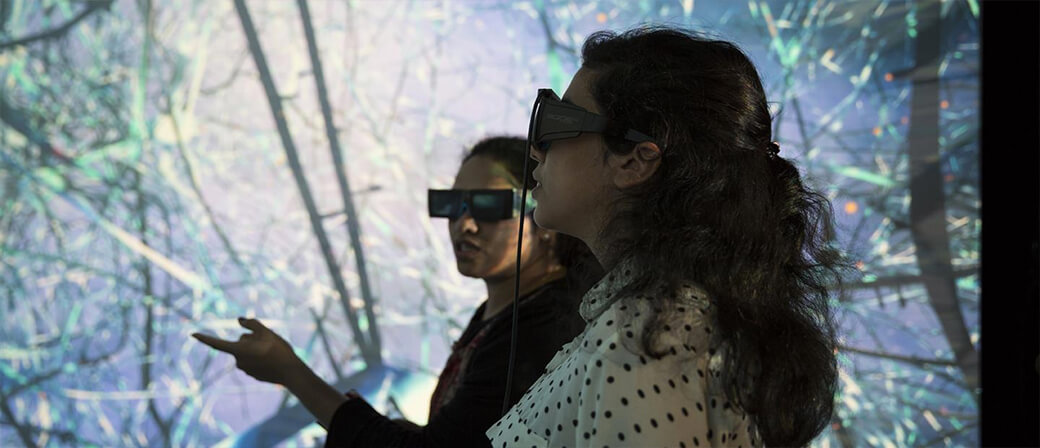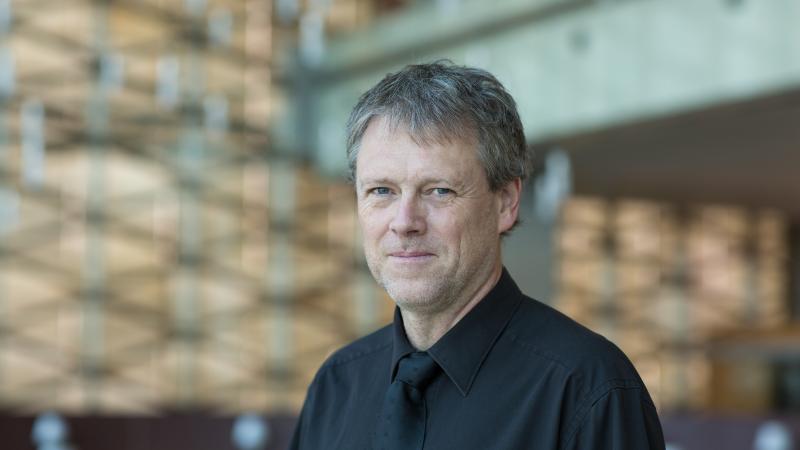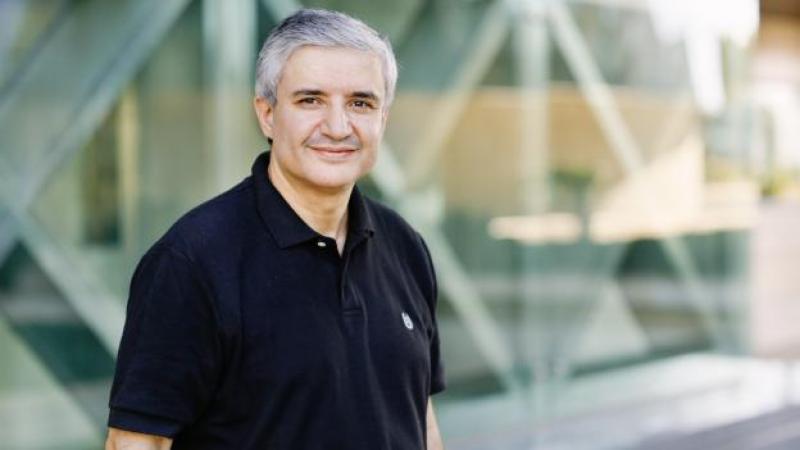Fifteen KAUST faculty members and one postdoctoral researcher rank among the 2020 Highly Cited Researchers from around the world, according to Clarivate Web of Science Group, a global leader of academic research analytics. The list names individuals whose work accounts for the top 1% of research cited worldwide.
Representing diverse disciplines, these scholars are leaders in their fields, champions of the KAUST community, and visionaries who are pushing the boundaries of how we understand the world, with expertise in areas such as health, the environment, communications and food security. Academic peers rely on their findings in developing and publishing innovative work.
KAUST researchers have access to world-class laboratories, research infrastructure, and a network of support from colleagues, students, staff and external partners that help to make their projects possible.
KAUST 2020 Highly Cited Researchers:
Computer, Electrical, and Mathematical Sciences and Engineering Division
Dr. Mohamed-Slim Alouini
Distinguished Professor of Electrical and Computer Engineering
Mohamed-Slim Alouini's research is in the modeling, design, and performance evaluation of optical wireless communications systems and networks, with a focus on developing new generations of aerial and space networks that provide connectivity to remote, less-populated areas. He is also the associate dean of the Computer, Electrical, and Mathematical Sciences and Engineering Division at KAUST.
Dr. Håvard Rue
Professor of Statistics
Håvard Rue's research is in computational Bayesian statistics and Bayesian methodology such as priors, sensitivity and robustness, with contributing expertise to the R-INLA project, which aims to provide a practical tool for the approximate Bayesian analysis of latent Gaussian models, often at extreme data scales.

Read the full article


